Combat immunity: who should evaluate the commander's decision and how?
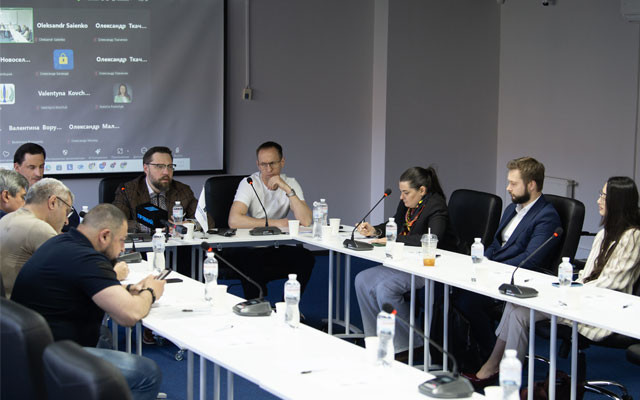
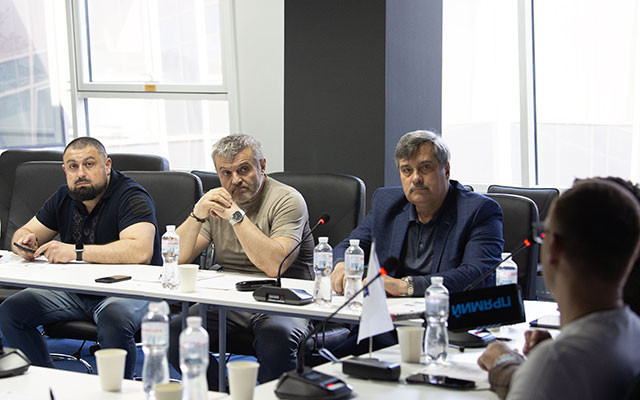
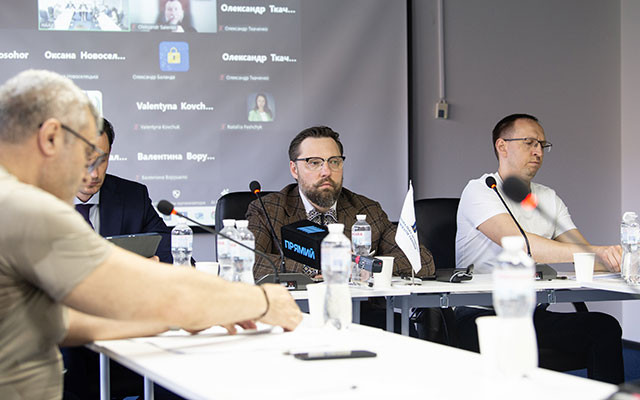
The protection of military personnel acting in conditions of extreme danger and stress requires clear legal regulation. The issue of bringing defenders to criminal liability for their combat decisions is of particular importance in the context of full-scale armed aggression.
The Ukrainian National Bar Association acted as a professional platform for scholars, MPs, representatives of the military command and held an independent professional discussion on «Combat immunity as a mechanism of legal protection of the military». The event was moderated by Oleksiy Shevchuk, Chairman of the UNBA Committee on Information Policy and Media Relations.
The experts focused on the creation of an effective system of legal guarantees for defenders, which is proposed by the draft laws registered in the Verkhovna Rada:
No. 13146 dated 01.04.2025 «On Amendments to the Criminal Code of Ukraine on Circumstances Excluding Criminal Liability for Acts and Ensuring Combat Immunity in the Conditions of Martial Law and Military Operations»;
No. 13149 dated 03.04.2025 «On Amendments to the Law of Ukraine «On Defense of Ukraine» on Improving the Legal Regulation of Combat Immunity in the Conditions of Martial Law and Military Operations».
According to Andriy Yosypov, senior instructor of the Training center for comprehensive training of volunteers DGV of the Legion D, the content of combat immunity should not be limited to the definition provided in the Law «On Defense».
«In fact, this concept was not created by the Ukrainian legislator and has its sources in international humanitarian law, - he explained. - It is a kind of institution that allows military commanders to act on the battlefield without fear of liability, including criminal liability. In Ukraine, combat immunity is reflected in three laws: Article 43-1 of the Criminal Code, the Law on Defense and the Law on the Legal Regime of Martial Law». Article 9 of the latter provides for the possibility of exemption from criminal liability for persons authorized to perform the functions of the state or local self-government bodies. According to Mr. Yosypov, the existing concepts are currently contradictory.
Armen Nersesyan, a senior researcher at the V.M. Koretsky Institute of State and Law of the National Academy of Sciences of Ukraine, drew attention to the imperfection of the Criminal Code.
«In the context in which we are talking about Article 43-1, it is practically inoperative in the current version. And whether it will work depends on those people who sit in the middle of the room in our processes," the scholar said. In his opinion, it is necessary to introduce combat immunity in this version, as proposed by draft law No. 13146. «Perhaps we will work out some specific comments together, - added A. Nersesyan. - Because I still do not understand the question of who is the subject - whether all persons are subjects of release under combat immunity».
In this regard, Serhiy Dremov, Head of the Military law edpartment of the Central legal department of the General staff of Ukraine, noted the positive aspects of the legislative initiatives. «We talked about the subject. The word «combatant» is used there. That is, it is not only the commander who makes the relevant decisions, but also a simple soldier, a private, who is also a combatant, - he said. - In fact, ‘combat immunity’ boils down to the fact that it is one of the circumstances that excludes the unlawfulness of an act. It is not an exemption from liability, but the unlawfulness of the act».
The practical aspects of bringing servicemen to criminal responsibility were explored by Lyudmyla Buymister, a member of parliament who mobilized to the Armed Forces of Ukraine.
«The State Bureau of Investigation has been given the entire responsibility for investigating war crimes. It's clear that they can't cope, they have no experience. They still open cases and send them to court. Prosecutors come, and then the cases fall apart», - said the MP. In her opinion, the worst thing about this situation is that commanders are worried that they may be judged for every decision they make. And even if an order is given and the commander has to fulfill it, he has to give the order to his subordinates, he has to assess whether everyone has the necessary forces and means to fulfill this order. «But let's be honest, we don't have a concept of post action revue in the Armed Forces of Ukraine. We don't analyze after a particular operation how well it was executed, how well the order was given, including how well the forces and means were assessed. In practice, this means that you can never prove to the higher command that they can, for example, set unrealistic, impossible tasks. And this happens very often, and not through the fault of the commander who is on the battlefield», - said L. Buymister.
But who will evaluate the error in the order, who is the expert who is able to do this - this problem was raised by Viktor Nazarov, advisor to the Commander-in-chief of the Armed Forces of Ukraine on political issues.
«There are many factors involved: the unit's capability, the level of its support, any indicators of physical, psychological, and mental fatigue, the nature of the enemy's actions, the time of year, the time of day - all of these affect the nature of the task, - the advisor said. - We usually say that there are no right or wrong decisions, only optimal or rational or irrational ones. The worst decision is the one that is not made, it usually leads to more negative consequences. If you had to make a decision and you didn't make it, it will be a 100% defeat».
V. Nazarov also outlined the criteria by which decisions should be evaluated. «The first is that the decision must be made. The second criterion is that the decision should be made in a timely manner. If it is made late or much later, it loses its value. The third component is whether the decision was reasonable. Taking into account all these points and all three elements, the evaluation is based on them», - he said.
V. Nazarov also emphasized the importance of conducting an expert review in such matters. «The legislation provides for an expert service within the Ministry of Defense. And there used to be such an expert service. But it concerned the medical field of activity and was later canceled», - the advisor said.
«So, based on the results of the roundtable, its participants came to the conclusion that combat immunity should exist, - summarized O. Shevchuk. – These bills should be amended to include the availability and necessity of expert opinions on a particular situation. We will ask scholars and lawyers to prepare proposals based on the results of the event and send them to MPs and specialized committees of the Verkhovna Rada».
Popular news
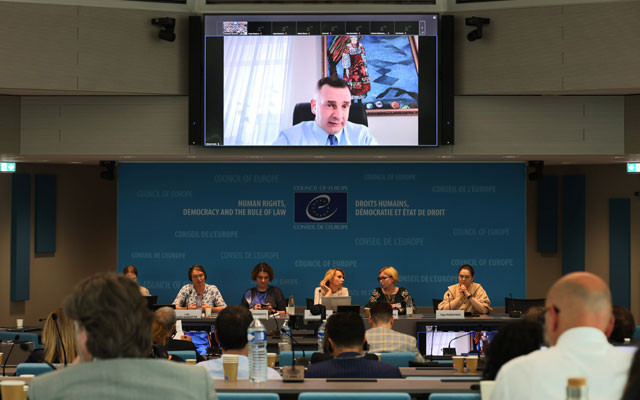
Educational events
Ukrainian advocacy integrates HELP into the system of professional development
In recent years, the Ukrainian National Bar Association has become one of the Council of Europe’s key partners in implementing the HELP programme, an educational project aimed at developing the legal profession through training in European human rights standards.
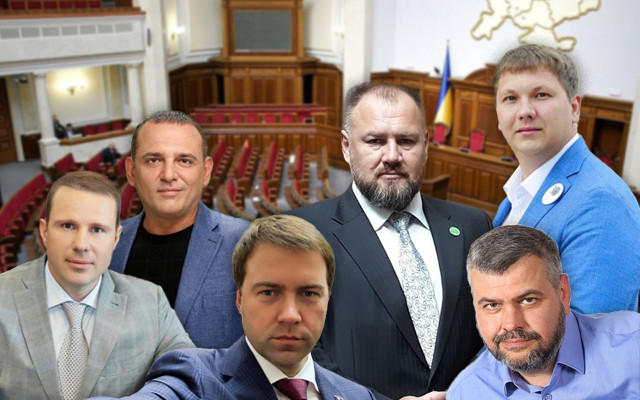
Legislation
Those who equate advocates with clients will be fined – law passed
Public identification of an advocate with a client to whom such advocate provides professional legal assistance will become an administrative offense, and forms of interference in the activities of an advocate, for which liability is provided for in Article 397 of the Criminal Code, are detailed.
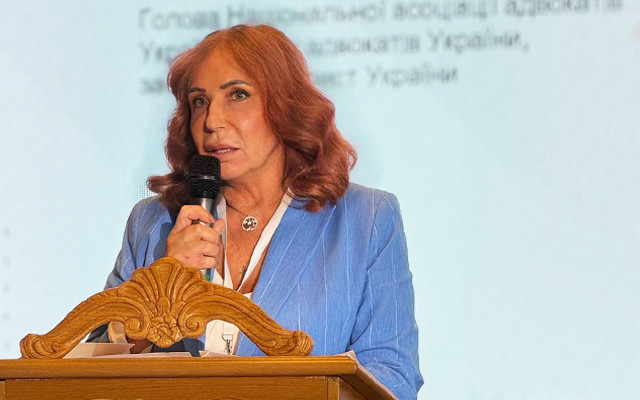
Discussion
Experts have exceptional potential that should be developed jointly — Lidiya Izovitova
The professions of advocate and expert can and must develop by learning from each other, exchanging experience and best practices. Together, we can build a strong, independent, and effective justice system worthy of a European Ukraine.
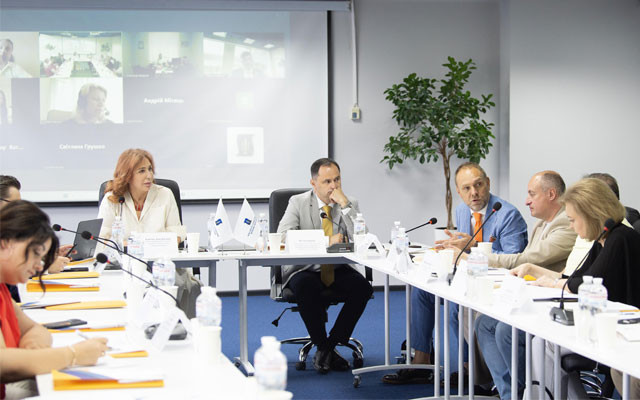
Discussion
Strengthening the country's sovereignty requires a new model for forming the HQCJ – round table
The model of the competition commission for selecting members of the High Qualification Commission of Judges, introduced as an anti-crisis measure, has exhausted itself. The inaction of the HCJ in forming a new composition of the CC, the lack of accountability, and the existing signs of political influence indicate that powers should be transferred directly to the entities responsible for forming the HQCJ as defined by law.
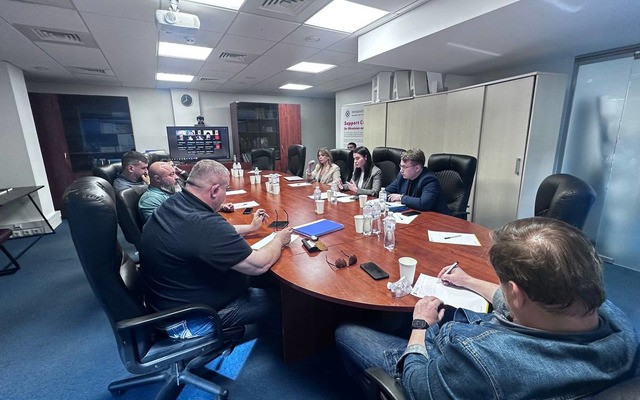
Guarantees of the practice of law
UNBA Committee reviews new cases of violence against advocates in TCC
New facts of physical violence, obstruction of access to clients, as well as sabotage of investigations in cases involving lawyers were considered by the UNBA Committee on the Protection of Lawyers' Rights and Guarantees of the Legal Profession during its last meeting.
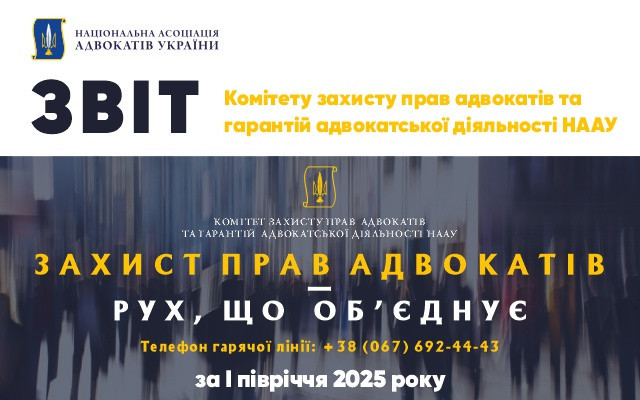
Guarantees of the practice of law
One third of complaints to the UNBA are due to unlawful actions by the TCC
In the first half of 2025, the Committee for the protection of lawyers' rights and guarantees of advocacy of the Ukrainian National Bar Association recorded 46 complaints of violations of professional rights. A third of these concerned unlawful actions by territorial recruitment centers—systematic obstruction of advocacy or violation of the right to defense.
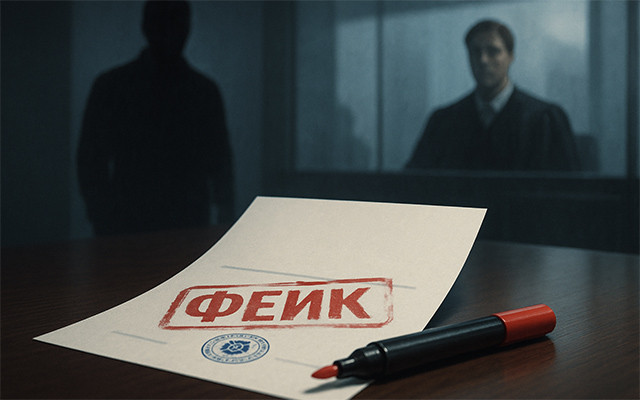
Guarantees of the practice of law
SSU official letter about «dangerous» advocacy turned out to be fake
The Security Service of Ukraine has officially denied the authenticity of a document that allegedly described threatening trends in the development of the advocacy profession. The text, which was previously published on a little-known website and distributed on Telegram channels, is not an official letter from the SSU.
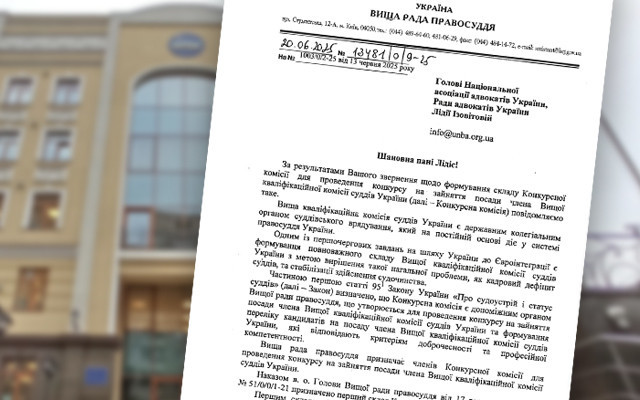
Self-government
The HCJ continues to ignore the legal deadlines for forming the Competition Commission of the HQCJ
The High Council of Justice continues to violate the statutory deadlines for forming a new competition commission to select members of the Competition Commission of the High Qualification Commission of Judges of Ukraine.
Publications

Ihor Kolesnykov A BRIEF SUMMARY REGARDING THE APPLICATION OF THE ORDER ON EXTENDED CONFISCATION IN LATVIA REGARDING FINANCIAL ASSETS OF…

Valentyn Gvozdiy WORKING IN A WAR ZONE

Lydia Izovitova Formula of perfection

Sergiy Vylkov Our judicial system is so built that courts do not trust advocates

Iryna Vasylyk Advocacy in the proclamation of Independence of Ukraine

Oleksandr DULSKY When we cross the border of the Supreme Anti-Corruption Court, we get into another department of the National Anti-Corruption…

Vadym Krasnyk The UNBA will work, and all obstacles and restrictions are only temporary inconveniences

Lydia Izovitova Interview with Lydia Izovitova on the occasion of the 8th anniversary of the founding of UNBA: We are the voice of t…
